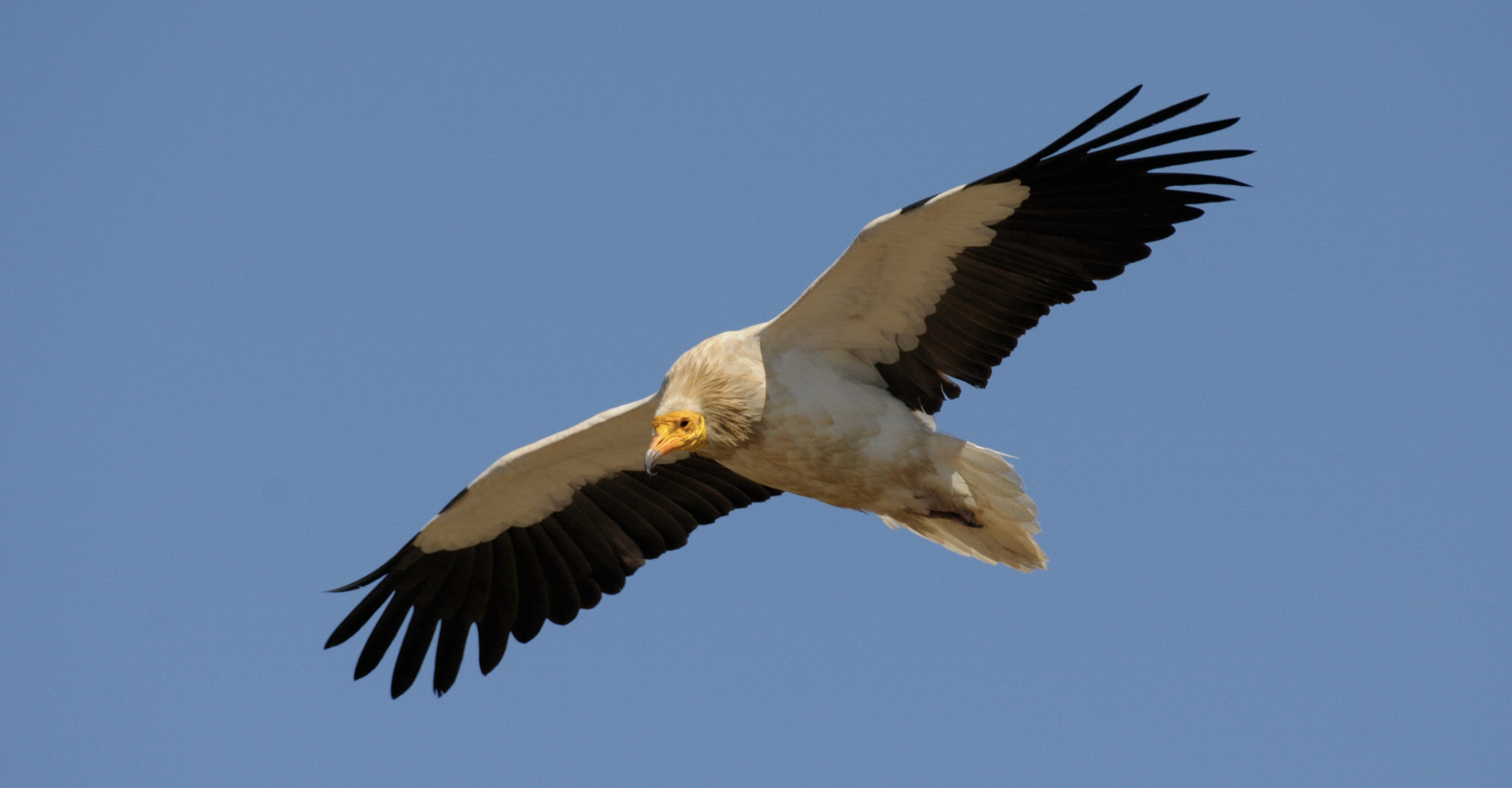Vulture conservation often requires changes to people´s behavior – stopping using poison baits, or avoiding nesting areas to decrease disturbance. This is often difficult within established traditions, but raising awareness among youth can often result in positive changes in the long term.
Many vulture conservation projects include environmental education actions directed at school children – we have received recently the photos of an excellent initiative led by WWF Greece in the Dadia region, the country´s vulture stronghold.
For the 5th continuous year WWF Greece collaborated with two Environmental Centers (Soufli and Maronia) and 5 local schools in a regional programme of activities focussed on vulture conservation – there are only 5 pairs of Egyptian vultures left in Greece, down from hundreds decades ago.
160 students and 8 teachers planned and implemented several activities aiming to inform and sensitize students and local people towards the illegal use of poisoned baits that threaten the rare vultures. They have also prepared informative material such as messages, leaflets, questionnaires and placards which have been shared to local people during outdoor activities in central places of their villages (see photos), and replaced the ruined or lost wooden signboards that they had drawn and placed in 2014 along forest roads.
Great to engage with the conservationists of tomorrow – we just hope they will have Egyptian vultures to work on! Well done WWF Greece!
Photo: WWF Greece


